
Upgrade to Windows 10 and your kids may no longer be safe
Parents who are upgrading their computers to Windows 10 are warned that the move from Windows 7 or Windows 8.1 will obliterate the safety features used to protect children. You may have spent time putting restrictions in place in a bid to keep your offspring safe when using your computer, but Windows 10 will change these child-friendly accounts into standard accounts with no limitations whatsoever.
The upgrade process wipes out website restrictions, game and app age ratings, time limits, and other parental controls and monitoring options. Unless a parent goes to the trouble of reinstating each of these settings individually, their children will have unfettered computer access. The discovery, revealed by The Register, will come as a surprise to many, but the worry is that many parents will simply be unaware that their children are not protected. And this is far from being the first time Windows 10 has been criticized.

Do you regret upgrading to Windows 10?
Windows 10 is now with us, and, whether you've made the move from Windows 7 or Windows 8.1, there is a lot to love, but also a lot to hate. With this latest release, there is also one very big difference from previous versions of Windows: it is free of charge.
This is not only likely to encourage more people into making the move to Windows 10, but it also opens up a possibility that many people would simply not have considered before. If you decide that you don’t like Windows 10 (the OS is not without its fair share of problems, after all), you can downgrade to your previous version without ending up out of pocket. The question is, how many people will go -- or have gone -- down this route?
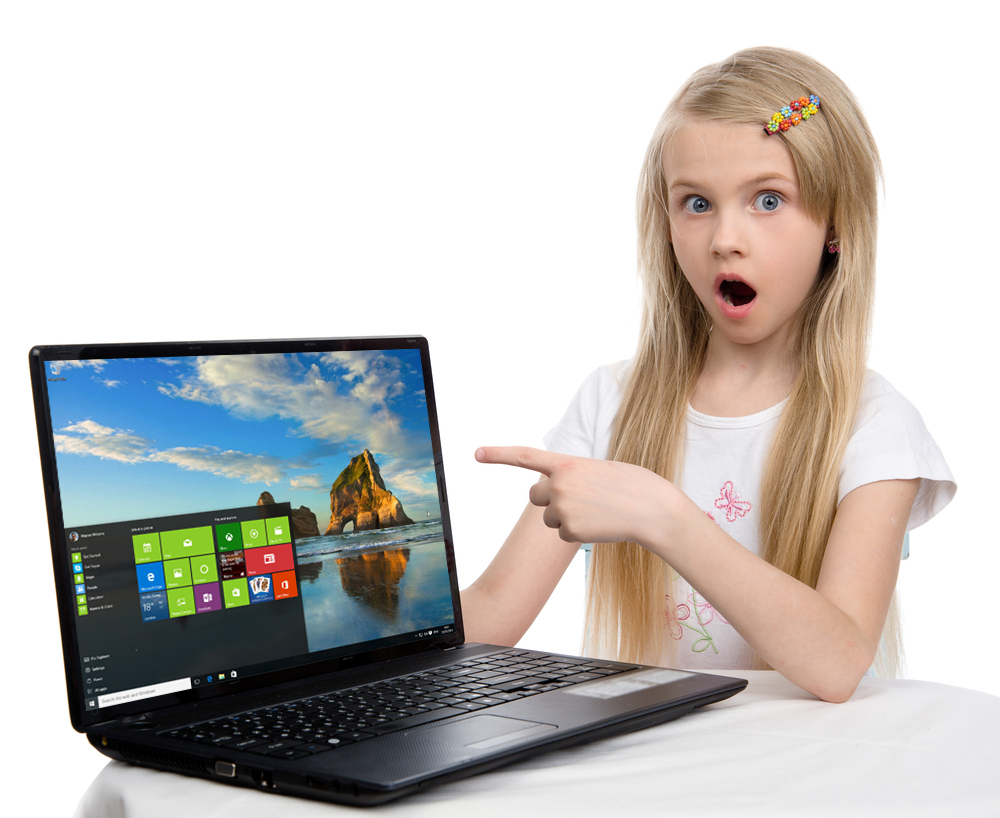
Windows 10 doubles its usage share in a couple of days
NetMarketShare has released its monthly desktop operating system usage share figures, showing the fluctuations of the various iterations of Windows. All versions of Microsoft’s operating system registered drops in July, except of course Windows 10 which was launched at the tail end of the month.
Only being available for a few days meant the new OS was never going to shift the needle significantly, but there were enough upgraders (Microsoft says 14 million in the first 24 hours) to double the operating system’s share.
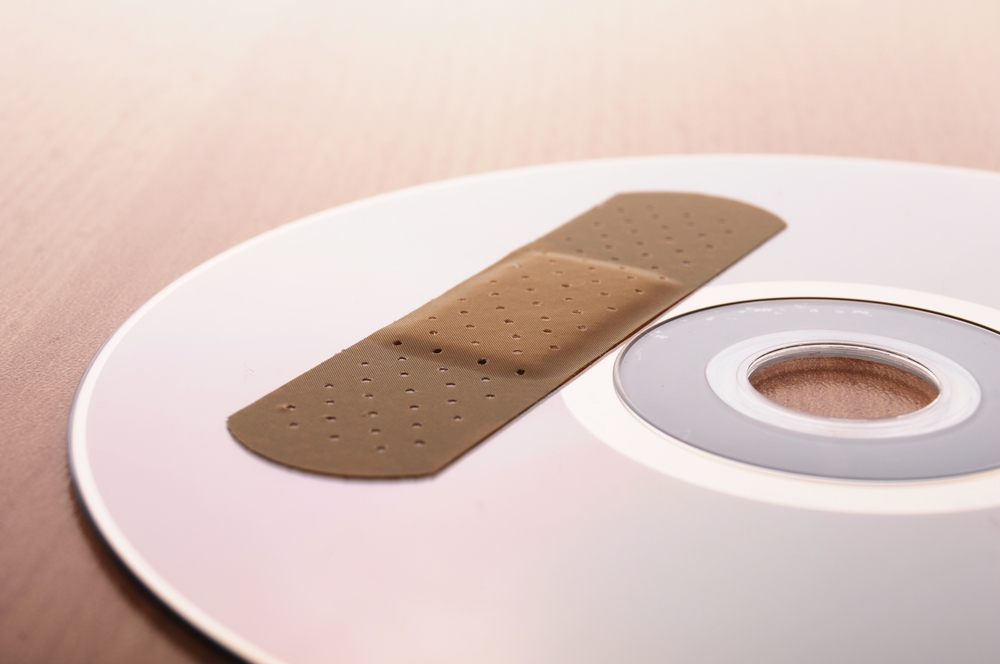
Hackers target PDF readers, yet a high percentage go unpatched
Vulnerability intelligence firm Secunia has released its second quarter 2015 country report for US and 14 other countries around the world. This looks at what programs users have installed and which are most at risk.
The big news is that a high percentage of users have unpatched versions of Adobe Reader. Adobe has the highest market share in this segment and PDF readers are a common target for hackers.
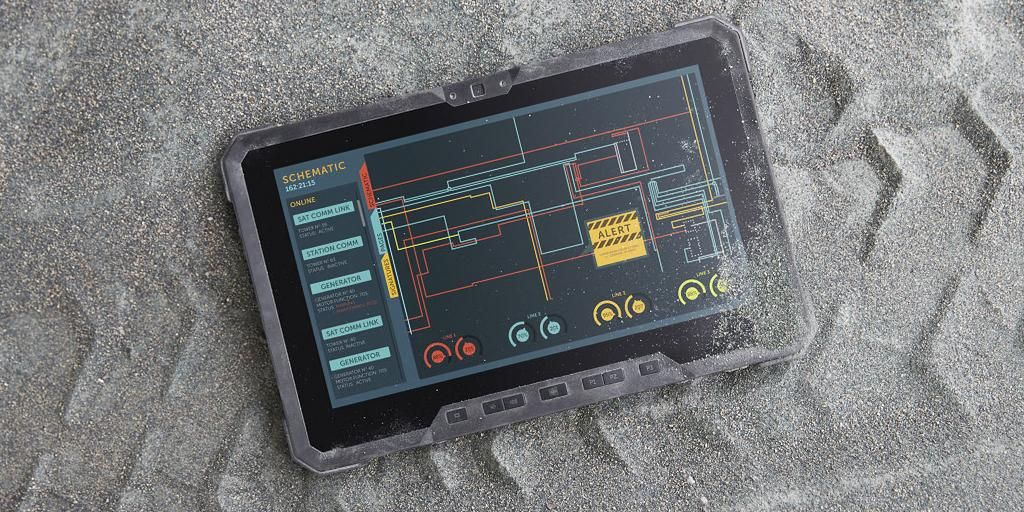
Dell Latitude 12 Rugged Tablet is hardcore and ready for dirty jobs
Many consumers buy iPads or other tablets and then run out to buy super-rugged cases. Buying a case is a good idea, as it protects the tablet from drops. With that said, many of these cases are overkill. Doubling or tripling the weight of your tablet when you don't even take it out of the house is silly -- a lesser case will probably be enough to survive a spill from the couch.
With all of that said, there are people that truly need rugged tablets. These are men and women working in harsh conditions -- hot temperatures, mud, snow, etc. Today, Dell announces a tablet for these people, the Latitude 12 Rugged Tablet. It is hardcore to the max!
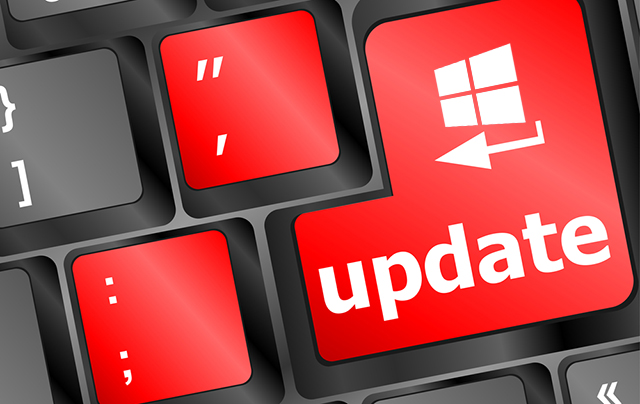
Microsoft releases emergency security patch for all Windows versions
Microsoft has released an off-schedule patch for all currently supported versions of Windows. A serious vulnerability has been discovered in a font driver that could be exploited by a hacker to remotely execute code on a compromised machine.
The problem affects Vista, Windows 7, Windows 8, Windows 8.1, Windows RT, Windows RT 8.1, Windows Server 2008, and Windows Server 2012. Windows 10 is not at risk. Microsoft describes the issue as 'critical' and has pushed an emergency patch to Windows Update.
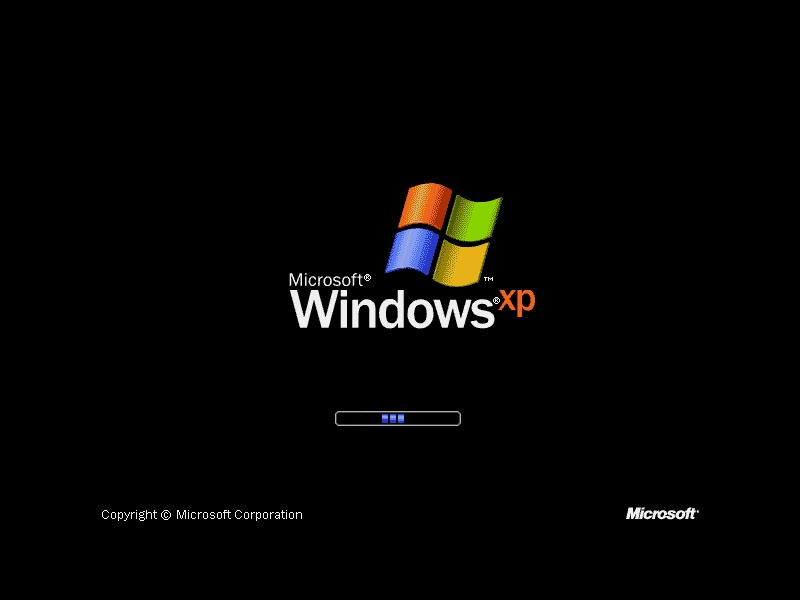
Microsoft no longer providing any form of security for XP
Bad news, yet again, for those Windows users stubbornly refusing to leave XP. Microsoft might have ended support for the ancient OS back in April 2014, but it was still providing the Malicious Software Removal Tool and updates to Microsoft Security Essentials, offering a modicum of security.
However, as of this week, XP users will no longer receive those updates, leaving them exposed to more threats.
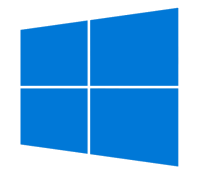
Microsoft releases Windows 10 Build 10240 to both Fast and Slow rings -- possibly RTM
Microsoft has a new build for all its beta testers. The company announces today that it is releasing Windows 10 Build 10240 to both the Fast and Slow rings. What could be the RTM version (the final version of a product released to the manufacturers), the new build brings along several minor changes and a performance boost.
Chief among those features is the watermark, or its lack thereof, to be precise. That's right, the watermark as gone, which shows how close we're getting to the full thing. In the new build, Microsoft has also further optimized its Edge browser to make it more efficient. The company claims the new browser is significantly faster than Chrome, and has published different benchmarks to show its speedy superiority.

Giveaway: Free WinToFlash Professional Edition license to easily create a bootable Windows USB drive
Lots of PC users prefer to install Windows from a bootable USB drive, instead of a DVD. A USB drive is a better tool for the job because it is easy to carry around, the installation takes much less time, and a new version of the OS can easily be loaded on it. After its job is done, the USB drive can be quickly repurposed.
The easiest way to create a bootable USB drive is by using dedicated software, like Novicorp's WinToFlash. You can also get the same job done using a command prompt, but this is more appealing to power users and control freaks (guilty as charged). The version of WinToFlash that you really want is not free, but luckily for you, BetaNews readers, we have a Professional Edition license to share.

Microsoft's 'feeble' enterprise security and virus protection is the worst
Tests carried out by independent security labs AV-Test show that Microsoft is at the bottom of the league when it comes to enterprise security and virus protection. The tests pitted 11 security solutions against each other, and Microsoft's Endpoint Protection 2012 from the Microsoft Management Suite System Center 2012 was found to offer the weakest protection.
In both enterprise network security tests and virus detection tests, Microsoft trailed behind the competition in eleventh place. What's particularly concerning is that as the tool tested is bundled software, it's likely that it is precisely what many businesses are relying on for protection.
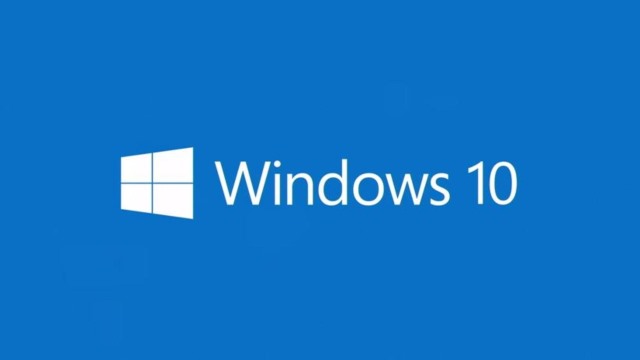
The history of Windows
Windows 10 is just around the corner, with Microsoft confirming a 29 July release date for its new operating system.
The general opinion appears to be positive for Windows 10, with 73 percent of IT pros saying they will deploy it within the first two years, despite there still being a few kinks to sort out.

WinToFlash converts Windows setup discs to bootable USB drives
Installing Windows normally requires a setup disc, which is just fine, unless your optical drive isn’t working. Or your system doesn’t have one at all. Or the disc is scratched and unreadable. Or you really don’t have the patience for those painfully slow data transfer rates.
One effective solution is to transfer your Windows setup files to a bootable USB drive. Novicorp WinToFlash has being doing just that since 2009, and despite development stalling for some time, a recent rush of major new releases means the package is finally out of beta.
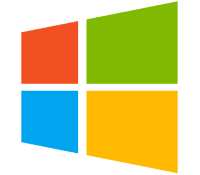
Context Menu Manager for Windows
Double or right-click a file in Explorer and it’s not always obvious what's going to happen. You might find context menu entries for all kinds of long-forgotten applications, and Windows provides no obvious way to clean up.
Context Menu Manager is a free (well, ad-sponsored) portable program to help you browse your current file associations, view their context menus, clean up broken entries, and maybe add a few new right-click options to get your system working better.
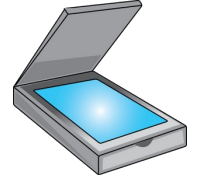
Scan pages as searchable PDFs with NAPS2
Earlier this year we wrote about NAPS2 (Not Another PDF Scanner 2), a tiny open source tool which could scan documents to PDF, TIFF and other file formats. We liked the program’s simplicity and ease of use, and in the past few months it’s been further extended with some major new features.
Integrated OCR means you can now make your PDFs searchable. There’s no complex interface to navigate, no manual setting of OCR regions or anything else: just click the OCR button, choose the document language and NAPS2 handles everything else.

How much does security software slow down your PC?
One of the main complaints that people express about security software is that it harms the performance of their PC. But how much of an effect does it really have?
Independent testing organization AV-Comparatives has conducted a test of 20 leading security products for Windows to assess their impact. Tests were performed on a 64-bit Intel Core i5 machine with Windows 8.1.
